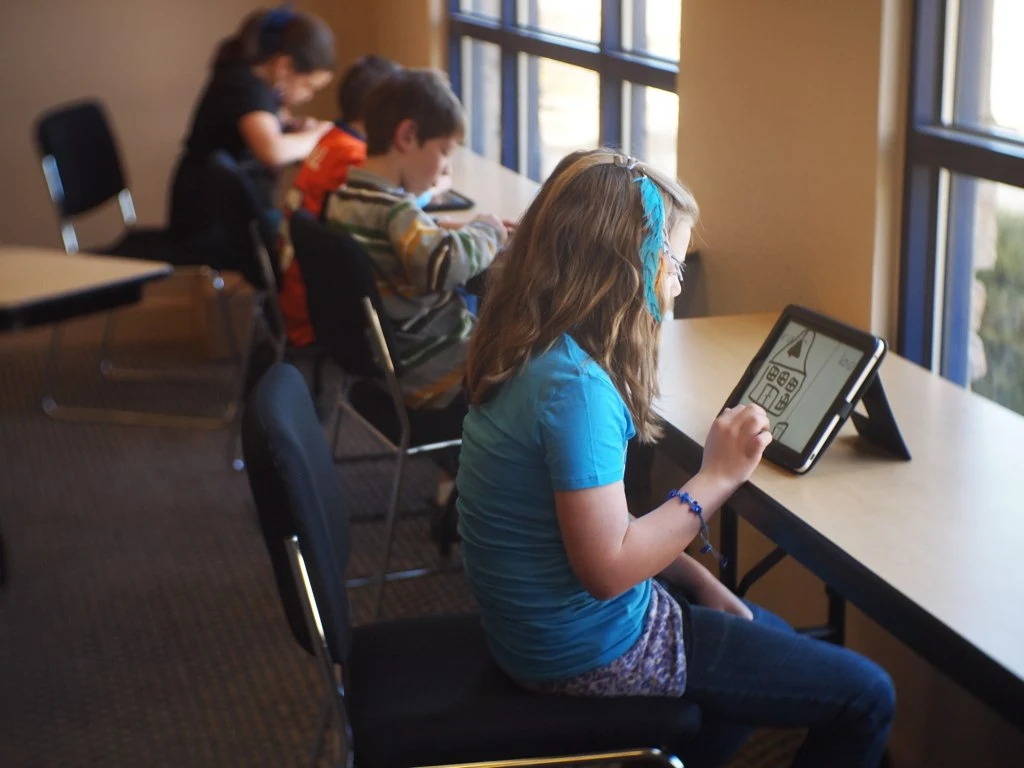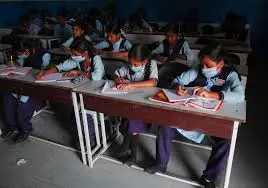Pvt. Government Schools Clash Over EWS Student Scheme

The EWS (Economically Weaker Section) student program was created to guarantee equal educational opportunity by allocating 25% of private school seats to children from disadvantaged backgrounds. But as a result, tensions between government and private schools are rising. Although the goal of the policy is to encourage diversity, problems such as financial difficulties, delayed refunds, and admissions refusals have generated discussions. What are the main issues, and what effects does this have on families and students? Let’s examine the current conflict, potential fixes and this scheme’s prospects.
Table of Contents
Understanding the EWS Scheme
The EWS program, which was created under the Right to Education (RTE) Act of 2009, mandates that private, unaided schools give 25% of their entry-level seats to local children from underprivileged backgrounds. In an effort to integrate children from a range of socioeconomic backgrounds into mainstream education, the government pays these institutions back for the costs they incur.
Points of Contention
A number of problems have emerged with the scheme’s execution:
- Delayed Reimbursements: Financial pressures have resulted from private schools’ concerns regarding government reimbursement delays. Only 22 schools in Haryana, for example, provided seats under the Chief Minister Haryana Equal Education Relief Assistance and Grant (CHEERAG) program, with minimal participation primarily attributed to reimbursement delays.
- Admission Challenges: Legal interventions have resulted from private schools’ reluctance to admit EWS kids in spite of mandates. With a focus on rigorous enforcement for the academic year 2025–2026, the Punjab and Haryana High Court ordered private unaided schools in Punjab to set aside 25% of their Class 1 seats for EWS students.
- Allocation of Resources: Teachers at government schools contend that encouraging enrollment in private schools through the EWS program runs counter to initiatives to increase government school enrollment and could jeopardize public education.
Impact on Students and Families
The difficulties with the plan have immediate repercussions:
- Access to High-Quality Education: Although the program seeks to give disadvantaged pupils access to high-quality education, uneven execution may make this impossible.
- Financial Uncertainty: The entire educational experience may be impacted by delayed reimbursements and extra expenses like books and uniforms, which can put a strain on families and schools.
Possible Solutions
To overcome these obstacles:

- On-time payments: Ensuring timely government payments will ease private schools’ financial burdens and promote compliance.
- Clear Guidelines: By establishing clear admissions standards and procedures, authorities and schools can reduce uncertainty and disagreement.
- Cooperation: Building alliances between public and private educational institutions can encourage resource exchange and understanding, which is advantageous to all parties involved.
Future of the Scheme
Effective cooperation and dedication from the public and commercial sectors are essential to the EWS scheme’s success. The program can get closer to its objective of inclusive and equitable education for everyone by tackling current issues and giving the educational rights of economically disadvantaged groups priority.
Conclusion
An important step toward educational inclusion in India is the EWS student initiative. Its efficacy, however, hinges on settling disputes between private and public schools, guaranteeing prompt reimbursements, and upholding a student-centered philosophy. The program can achieve its goals of reducing educational gaps and promoting social justice with coordinated efforts.
FAQs
What is the EWS Student Scheme?
The EWS Student Scheme requires private unaided schools to reserve at least 25% of entry-level seats for children from economically weaker sections and disadvantaged groups, as mandated by the Right to Education (RTE) Act of 2009.
How do reimbursement delays affect private schools’ participation in the EWS scheme?
Delayed reimbursements from the government are a primary reason for private schools’ tepid response to the scheme. The financial uncertainty makes private institutions hesitant to admit EWS students, impacting the scheme’s effectiveness.






